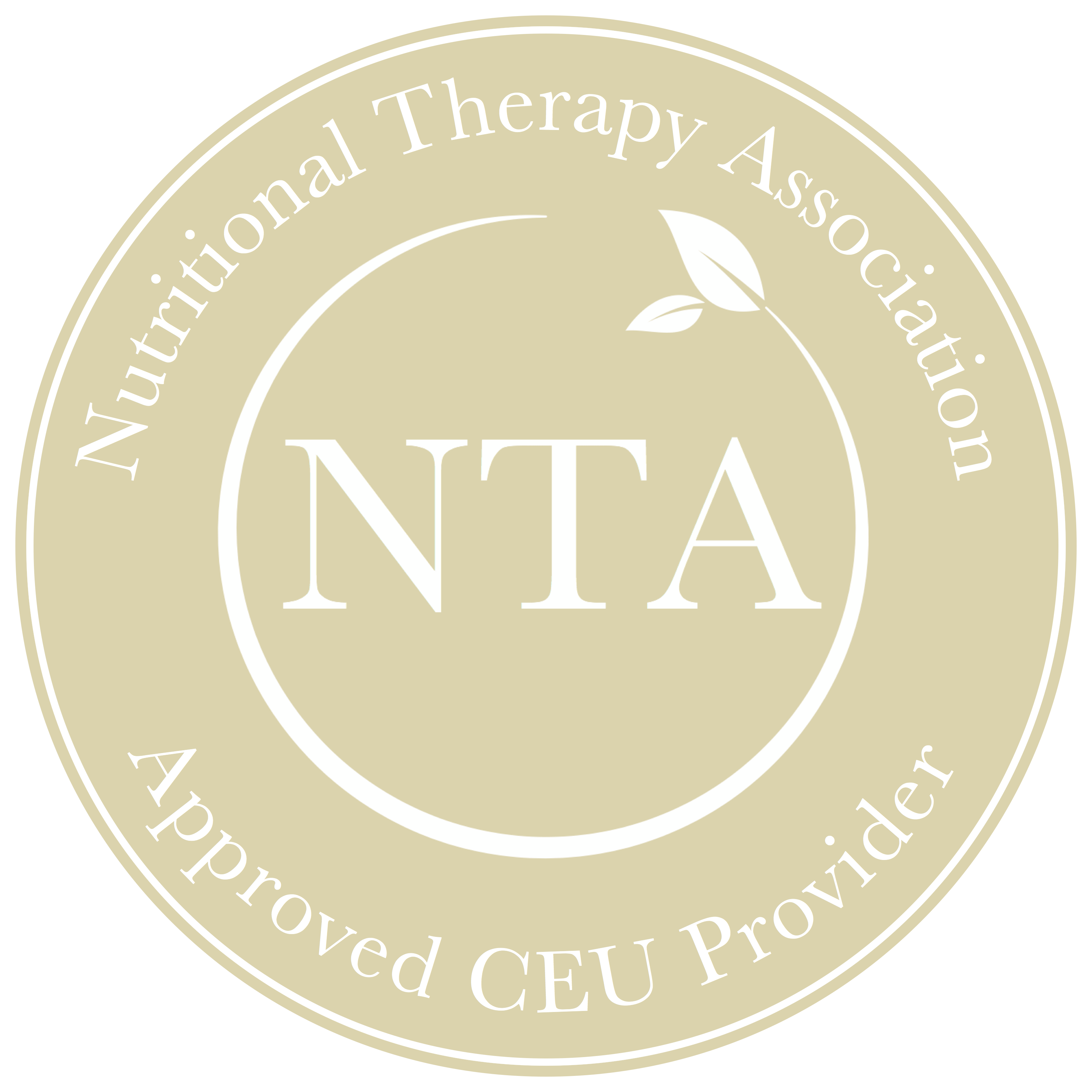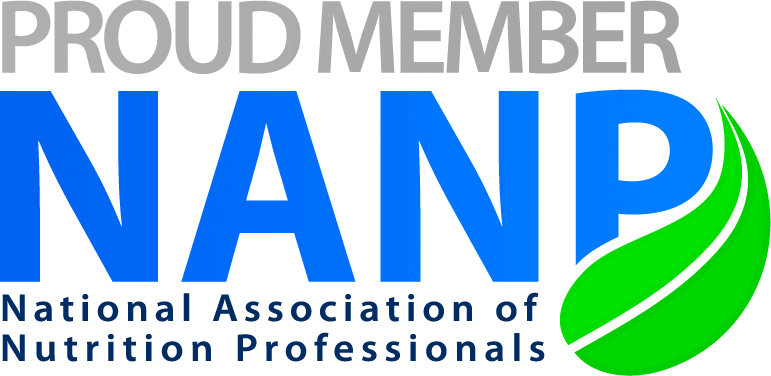Anne, the RWS instructor team and I spent last weekend in Portland, OR at the Nutritional Therapy Association’s annual conference (so lovely to meet some of you there!) and one of the questions that came up several times at the event is:
“When do I know enough to get out there and actually help clients?”
This particular issue is one that both new and even more seasoned practitioners grapple with.
We addressed this quickly at the event, but it got me pondering this on a deeper level and I want to share some additional thoughts on the matter. And, as with any truth, it’s not black and white.
First off, if you have successfully graduated from some kind of formal nutrition (or other related) training, then yes, you do know enough to help clients. You don’t need to have all the answers (that’s impossible anyhow so can we let that one go right now?) All you need is to be one step ahead of your clients and resourceful: you know where to find the answers you don’t have at your fingertips.
Now, this can be intimidating in the age of “Dr Google” – the majority of our clients are more informed than ever – but here’s the thing, what you DO have that your clients don’t have is a framework. There’s an overwhelming amount of information out there about health, diets, what to eat and what not to eat. What’s in short supply, however, is an accessible, systematic framework that provides structure and context for that information. And that’s exactly what you have been given with your training. With a viable framework, you’re able to understand the information that’s out there in a whole new way. Granted, if you’re a new practitioner you might be a little green at this, but with practice you’ll get better and better at it, and the best way to practice is to get out there and get some clients!
Does this mean that you won’t benefit by pursuing continuing education? Of course not! Continuing to uplevel our knowledge, enhance our skills, hone our craft… that’s the journey of becoming outstanding, no matter what the profession. But that doesn’t mean you “need” another course / certification / training / program in order to get out there and make a difference (And that might seem a rather odd thing for us to say, since we provide advanced education.)
It’s helpful to think of the evolution of the practitioner herself. (I’m putting this in the feminine because, let’s face it, most of us in this field are female. Sorry guys.)
Stage 1: The fresh graduate
Eyes wide open, eager to heal the world, a little stunned that her training is over, and ready to get out there and change lives, the fresh graduate is both totally excited and often utterly overwhelmed. To overgeneralize, we see two types of new graduate: the “let me dive in and figure this out” type, who wants to practice what she’s learned before adding more training to the mix; and the “I want to know All. The. Things.” type, who’s appetite for learning has been whetted and who can’t wait to learn more.
There’s no right or wrong way here – it’s a matter of personality. So what type of grad are you? Continuing education might be something to put on hold for the moment, or you might be ready to find the program that provides the next layer of tools to really knock it out of the park with even more complicated clients.
Word of warning here: either way, don’t be that practitioner who never actually sees clients in the name of “learning more.” The SINGLE best way to learn is to get out there and start working with clients, so whether you do this alongside advanced training or dive in immediately on its own, get out there and work with people!
Stage 2: The seasoned but stuck practitioner
This was me for a good 4-5 years before I found Restorative Wellness Solutions. I was good at what I did – I got great results with many of my clients – but they’d plateau and I’d get stuck. I just couldn’t figure out what to do with them from there. Or, there were the clients I desperately wanted to help – the ones who’d been to ALL the practitioners, tried ALL the diets, and were taking ALL the supplements and who still felt like garbage – they left me completely stumped. I had no idea how to help them, and it broke my heart to have to refer them on to someone else.
Lots of practitioners are in this same boat – good at what they do, but getting stuck. And that’s natural, right? We are only as good as the toolkit we’ve built for ourselves. In this context, continuing education is about finding the training that’s going to help you get unstuck. What set of tools / knowledge do you need to help sort out your challenging client cases?
Stage 3: Seeking mastery
This is where it gets really fun. You’ve been practicing for a while, you’ve found your niche, you’re known for what you do, and you’re crushing it. You’ve found your “Zone of Genius”, as Anne wrote about a few months ago. You’re digging into nuances of the work now, and filling in any last gaps of information and understanding.
To truly master something, you plot out everything you need to know and the skills you need to hone for your particular niche and to be truly exceptional as a practitioner, speaker, expert, and authority. In this context, continuing education is very specifically about mastering your craft and seeking excellence.
If you’ve been paying attention here, you’ll notice there’s a theme: continuing education isn’t just about learning for learning’s sake. There’s always an end in mind. This is something Anne and I talked about from stage at the conference in the context of our clients’ health journey and our own self-care, but it also applies to decisions about how you invest your time and money into your personal and professional evolution and growth.
And so: At what stage are you in your practice? Are you freshly graduated? Are you seasoned but stuck? Or are you seeking mastery? What is your goal for the type of continuing education you need?
Answer that, and all your decisions for what to do next will be clear.







